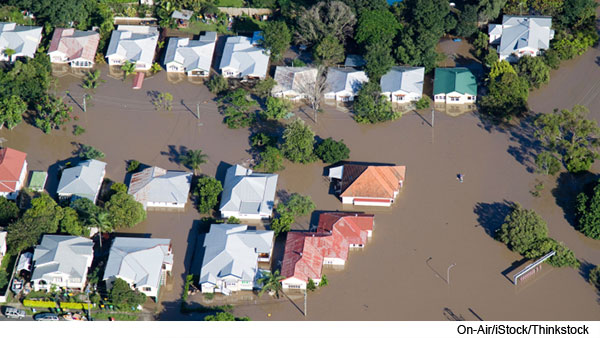 |
Liability risks can
be some of the most
expensive claims for your brewery.
|
Last month, I used a metaphor to highlight the importance of
brewery-specific insurance (vs. standard commercial insurance) to your business and bottom line.
This month, I’ll go into detail on the first “P,” or essential
area of “Craft” coverage: liability.
The two most essential ways to Protect your Passion, or at least the opportunity to pursue it (patriotic pun intended), are through
brewer-specific General Liability and Liquor Liability coverage.
We protect our passion
(our breweries) by protecting ourselves from Third-Party Lawsuits. General
Liability and Liquor Liability are essential to your business and your bank
account. If you’re up and running, you should already have these, but there are
important distinctions between general and brewery-specific coverage that can
make or break the future of your business in the event of an unexpected loss.
Have you ever had a patron get hurt at your brewery? Or received
a demand letter from an attorney representing someone injured by one of your patrons after they left
your brewery? Then you know all too well how crucial these policies
really are. If you’ve been paying the premiums but haven’t yet had to cash in
on them, know that they’re worth every penny. With millions of liability claims filed each year, these policies protect
your business and assets from unexpected loss, which is especially
important because liability risks can be
some of the most expensive business claims.
What Does It Protect? A general liability policy can protect you
against costs that result from bodily injury (to patrons), property damage,
medical expenses, legal costs, judgments, and personal injury claims such as
libel and slander. If you rent or lease your space, commercial general
liability (CGL insurance) may also provide coverage for damage to that
workplace.
How Much Do You Need?
The typical General Liability limit is $1,000,000 per occurrence and $2,000,000
aggregate for the year.
Tip: Umbrella
policies can provide relatively inexpensive added protection, kicking in when
you exhaust the limits of your business liability coverage.
Costs: Vary
considerably depending on the specific risks of the brewery, but are
traditionally based on annual sales volume. As your brewery grows, it’s important to up
your insurance coverage so that you have enough protection. Check in with your agent
each time you consider expanding or changing your business.
What Does It Protect?
This type of policy will protect the brewery from liability if someone
files a claim regarding the sale of alcohol, such as someone being injured in a
car accident after drinking at your tasting room.
How Much Do You Need?
A $1,000,000 limit is often recommended.
Even if an establishment is not found liable, the average cost to defend
a claim is $150,000, and in Colorado the maximum limit for an award regarding
the over-serving of a patron is $219,750. That’s just one claim! The nature of your
business and its perceived risks will
help determine your needs. Work with an agent who is experienced in craft brewery
coverage when seeking business insurance quotes. You’ve put blood, sweat, and
tears into building your company. You need coverage that works just as hard to
protect it.
Costs: Policy
costs vary widely based on your brewery’s size and location and, again, is
based on annual sales volume.
Why Choose A
Brewery-specific Policy? Whether you have a full service bar or offer beer
tastings after tours, liquor liability is essential to cover damages to persons
and property caused by patrons who claim to have been over-served at your
establishment. The sale of growlers/bombers adds another brewer-specific
exposure that should be addressed by your liquor liability policy. Some
carriers don’t understand the craft brewing world and the environments they
create. They run from businesses that they consider “bars,” because of the
liability that they carry and this lack of a full understanding of the
business. Be sure the carrier you are with is comfortable with everything that
you are.
Finding
Brewery-Specific Coverage: Confused about where to start? As an independent
agent and brewpub owner, I specialize in customized insurance policies for
breweries of all sizes. I can assess your liability risks and recommend the
appropriate coverage, balancing both your risk management and cost saving
strategies.










